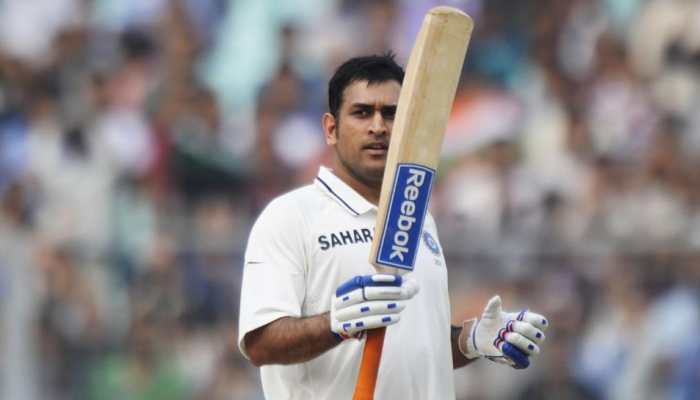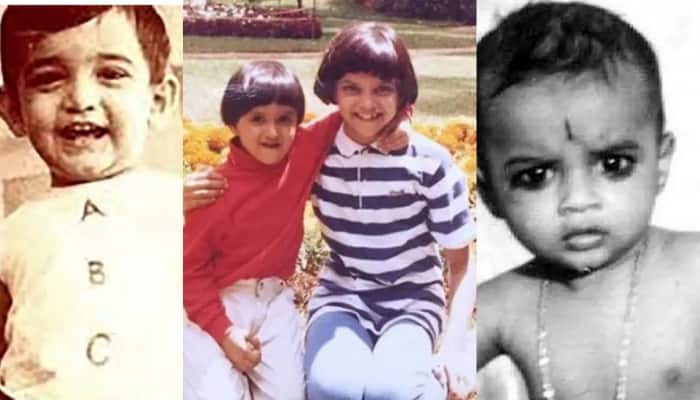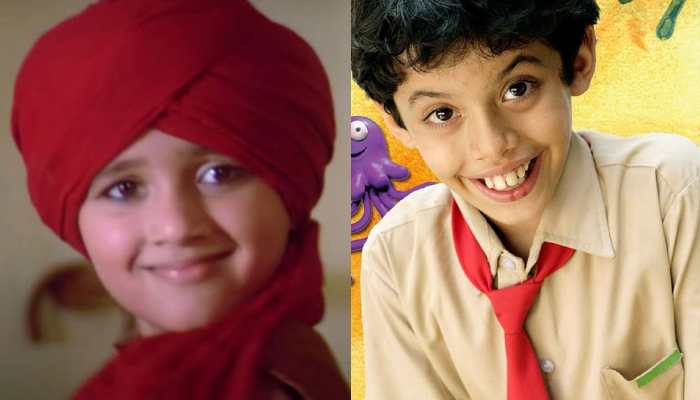Tapan Sinha: Long journey in search of art ends
In his own words, Tapan Sinha’s career has been, “one long journey in search of art, truth and beauty.”
Trending Photos
)
Shivangi Singh
In his own words, Tapan Sinha’s career has been, “one long journey in search of art, truth and beauty.” The quintessential Bengali filmmaker, whose death is being seen as a major loss to Indian cinema, was known for his well-crafted films in terms of structure and technique supported by a strong story-line. The versatile filmmaker was touted as a ‘socially committed entertainer’ and the themes of his films usually centred on social issues or were cinematic adaptation of literary classics. Although, Tapan Sinha was primarily based in the Bengali film industry, he also made films in different languages including Hindi and Oriya.
Born in Kolkata on 2nd October 1924, Tapan Sinha was the fifth child of Tridibesh and Pramila Sinha. He did his schooling in the small towns of Bhagalpur and Bankura and graduated in science stream from the University of Calcutta.
The cine maestro began his film career as a sound engineer in Calcutta`s New Theatre in 1946. After four years, he received an invitation to the London film festival and the opportunity of working at Pinewood Studios. Sinha had always cherished the dream of making films after watching Ronald Coleman’s ‘Tale of Two Cities’ – the film that was “sub-consciously responsible for him becoming a filmmaker”. Therefore, the opportunity to go to UK came as a breakthrough. Young Sinha was enamoured by American and British movies. Directors like John Ford, Carol Reed and Billy Wilder were his favourites. He went to UK for two years and returned to India, all set to create meaningful cinema in India.
His first film ‘Ankush’, which had an elephant as central character, was released in 1954 and since then he made about 40 movies till 2000.
Tapan Sinha excelled in adapting literary classics into films. According to him, “Literature is a character by itself…but cinema will portray the spirit of a literary work through its own unique qualities.” Incidentally, it was a classic that established him as a director to be reckoned with. His fourth movie ‘Kabuliwala’ (1956), based on Tagore’s short story was screened at the Berlin Film Festival and won an award.
Later Sinha filmed two other stories of Tagore – ‘Khudita Pasan’ (1960) and ‘Atithi’ (1965), which starred his actress wife, Arundhati Devi. Sinha did justice to the spirit of the short stories by creating situations and incidents and subplots and threading them together into a cohesive cinematic form. ‘Kshudita Pashan’ and ‘Atithi’ both won the National Awards as the Second Best Feature Film.
The 1960s and 70s saw the filmmaker as a social crusader. He tackled burning social issues in films like ‘Apanjan’ (1968) that dealt with the frustrations of unemployment in the backdrop of Naxalite movement. His much applauded film ‘Sagina’ (1970), starring Dilip Kumar and Saira Banu, was about a tea-garden labourer who rises against the oppression while ‘Ekhoni’ (1971) dealt with the plight of contemporary youth.
Sinha also took up the theme of feminism in his memorable movie ‘Nirjan Saikate’ (1963) written by Samaresh Basu. The film revolved around the plight of five widows, played by Sharmila Tagore, Chhaya Devi, Ruma Guha Thakurata, Bharati Devi and Renuka Roy.
The director excelled in full-fledged comedy also but his comedy and satire had meaning. His ‘Galpa Haleo Satyi’ (Hrishikesh Mukherjee remade it later as ‘Bawarchi’), ‘Ek Je Chilo Desh’ (1977) and ‘Aajab Gnayer Aajab Katha’ (1998), were much lauded and turned out to be super-hits.
Apart from comedy, Sinha also catered to the little audience with his four movies – ‘Safed Hathi’ (1977), ‘Sabuj Dwiper Raja’ (1979), ‘Aaj Ka Rabinhood’ (1987) and ‘Anokha Moti’ (2000).
The 1980s saw the director preoccupied with individual caught in the trap of a corrupt and inefficient system that encourages security in mediocrity. As he has remarked, "I have always believed in individual courage and effort. I think, collective system or life hardly allows an individual to discover the infinite strength within him.” His ‘Banchharamer Bagan’ (1980) is a hilarious social satire about a wise farmer who outwits three generations of a landlord family to save his land.
In 1982, the filmmaker made a touching telefilm on human relations called ‘Aadmi Aur Aurat’, which starred Amol Palekar. Most recently, in 2001, he completed a six-part movie, ‘Satabdir Kanya’, based on woman-centric stories by Rabindranath Tagore, Sarat Chandra Chatterjee, Gourikishore Ghosh, Prafulla Roy and Dibyendu Palit.
Tapan Sinha’s works have won 19 National Film Awards in various categories – a great achievement. Not only this, his films have won laurels in International Film Festivals of Berlin, Venice, London, Moscow, San Francisco, Locarno, Cork Festival in Ireland Kampuchea and Seoul. He was also a member of the jury in film festivals at Tashkent and San Francisco among others. In 1995, he published his memoirs ‘Mone Pore’ – a book that recounts anecdotes, personalities and incidents in his long and distinguished career as a filmmaker. In 2008, the acclaimed director was presented with the Dadasaheb Phalke Award.
This morning, when he bid farewell to the world, the story-teller par excellence left a deep void in the world of cinema. India has lost one of its stalwarts, who was instrumental in showcasing Indian cinema globally.
Stay informed on all the latest news, real-time breaking news updates, and follow all the important headlines in india news and world News on Zee News.
Advertisement
Live Tv
Advertisement







)
)
)
)
)
)
)
)
)
)
